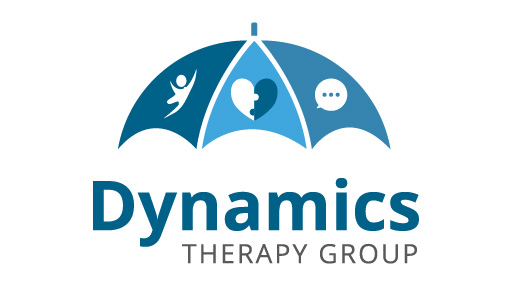
How many Educational Therapy sessions will my child need?”
This is a question that many parents ask before beginning Educational Therapy (ET). Unfortunately, it isn’t always an easy one for an Educational Therapist to answer, especially before starting work with the child and ascertaining how well the child learns and retains what is taught. Generally speaking, the duration of ET depends on the following factors:
- A child’s needs and learning profile
The more numerous and/or severe the needs or learning difficulties, the more sessions will be needed. Children who need ET to address weaknesses across multiple areas are more likely to need ET in the long-term.
- Frequency of sessions, and how regularly the child attends
ET sessions are usually scheduled once a week for one hour. However, more frequent sessions will allow for more reinforcement of what is being taught, helping children to remember information and apply their knowledge more readily. Two or more sessions of ET per week may be recommended for younger children, children with multiple needs (e.g. those who need help with both Literacy and Maths), and children with weaker attentional abilities.
- Amount of supplementary school and home support
Children who receive extra help at home and/or through school learning support programs may need fewer ET sessions over time than those for whom ET is their only source of additional support. Extra reinforcement and practice at home will help a child master skills and strategies taught during sessions, so that he or she may be able to stop ET sooner.
A shorter course of ET may be appropriate for children who:
- Struggle with a specific skill (e.g. learning Maths facts) and who have no difficulties in other academic areas.
- Need to catch up in certain skills or curriculum areas after missing school for reasons related to COVID-19.
- Need to learn strategies to help with spelling, memory, planning and organisation etc that they can take away and use at home and at school without further ET input.
A longer course of ET may be appropriate for children who:
- Have a diagnosed learning difficulty that will affect their learning in the long-term.
- Have weaker attentional abilities.
- Have multiple learning needs or weaknesses.
- Consistently want to use ET sessions to help with homework.
In summary, the duration of Educational Therapy will be different for every child, according to their individual learning profile. ET aims to help students learn independently and fulfil their potential. For this to happen, and for ET to maximally benefit your child, it should last for as long as he or she needs support to improve their skills, manage their difficulties, and build their confidence in learning.
Author: Victoria Hobbs, Educational Therapist

